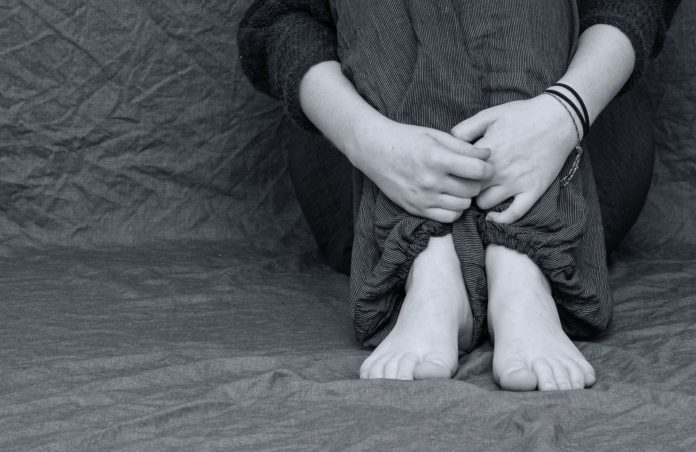CULLMAN COUNTY, Ala. – The coronavirus poses an obvious risk to people’s physical health, but Cullman County Board of Education (CCBOE) counselors are also concerned about its potential effect on the mental health of area students. As people “hunker down,” curtail outside activities and watch story after story about the increasing international impact of COVID-19, anxiety levels are likely to increase in homes and especially among children.
CCBOE elementary counselor Shay Whaley shared with The Tribune a PDF slide show, entitled “Managing Emotional Health during a Pandemic,” which the system has developed to help parents safeguard their children’s and their own emotional well-being during this time. The contents of that presentation are presented below.
Managing emotional health during a pandemic
COVID-19
COVID-19, or Coronavirus, is currently a source of concern for many people around the world. Our lawmakers and health organizations have made recommendations on how to manage our physical well-being during a pandemic outbreak like COVID-19. However, very little information has been made available about how to protect our emotional and mental well-being. This short presentation will help to provide some insight to promote emotional health.
Mental health considerations for COVID-19
Common emotions related to COVID-19
- Stress
- Fear
- Panic
- Anxiety/Worry
- Hypervigilance
- Feeling overwhelmed
- Detachment
- Anger
- Annoyance
- Distrust
- Irritability
Reactions
- Fear and worry about your own health and the health of your loved ones
- Changes in sleep or appetite
- Difficulty sleeping or concentrating
- Worsening of chronic health problems
- Increased use of alcohol, tobacco, or other drugs
- Tension in the body
- Aggression
- Withdrawal
People who may respond strongly
- Older people and people with chronic diseases who are at higher risk for COVID-19
- Children and teens
- People who are helping with the response to COVID-19, like doctors and other health care providers
- People who have mental health conditions
- People unable to work during the pandemic
Tips to practice emotional wellness
- Limit exposure to graphic news stories. Make every effort to get reliable information and follow the recommendations of experts. However, do take breaks from the media. Constantly hearing about the pandemic can be upsetting for some.
- Stay calm and make a plan. During times like this, it is common to let our emotions take over. Making a plan and being proactive can ease feelings of panic and fear. In addition, having a plan provides a sense of control during a time where little control is present.
- Practice self-care. Attempt to maintain some of your normal routines, exercise and eat well, connect with family and friends, and employ coping skills such as mindfulness activities and doing enjoyable activities.
References/resources
- Mental Health and Coping www.cdc.gov/coronavirus/2019-ncov/prepare/managing-stress-anxiety.html
- Pandemics www.apa.org/practice/programs/dmhi/research-information/pandemics
- How to Stay Emotionally Healthy during the Coronavirus Outbreak www.psychologytoday.com/us/blog/hope-resilience/202003/how-stay-emotionally-healthy-during-the-coronavirus-outbreak
- Talking to Children about the Coronavirus Pandemic: A Parent Resource www.nasponline.org/resources-and-publications/resources-and-podcasts/school-climate-safety-and-crisis/health-crisis-resources/talking-to-children-about-covid-19-(coronavirus)-a-parent-resource
If you, or someone you care about, are feeling overwhelmed with emotions like sadness, depression or anxiety, or feel like you want to harm yourself or others, call:
- 911
- Substance Abuse and Mental Health Services Administration’s (SAMHSA’s) Disaster Distress Helpline: 1-800-985-5990 or text TalkWithUs to 66746. (TTY 1-800-846-8517)
- Your local mental health center or hospital
- Primary care physician
Copyright 2020 Humble Roots, LLC. All Rights Reserved.






















